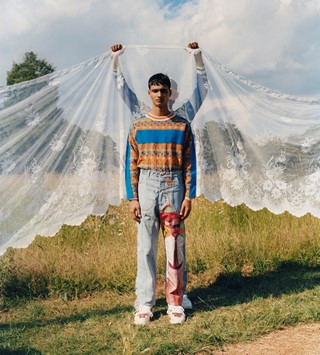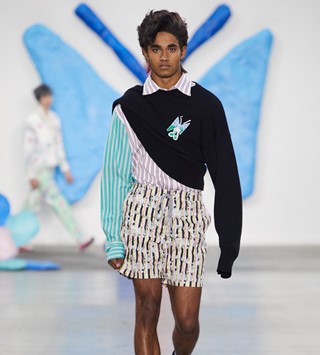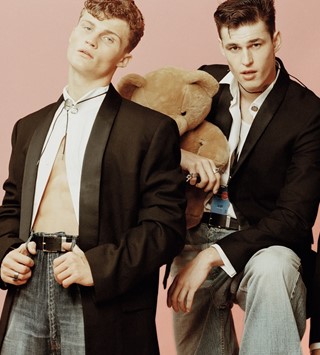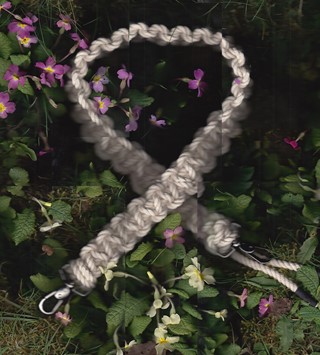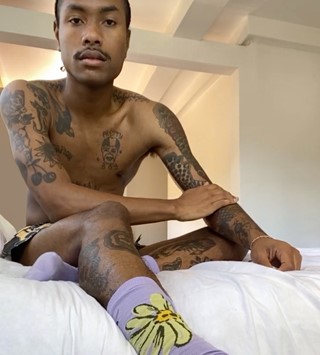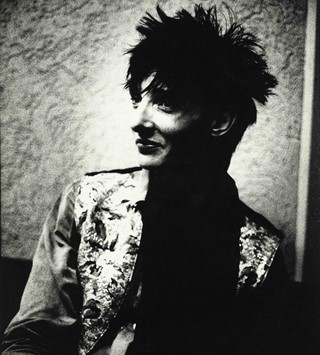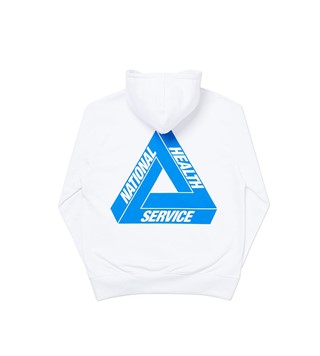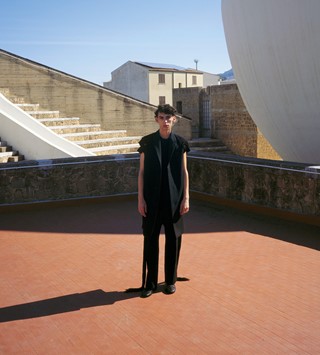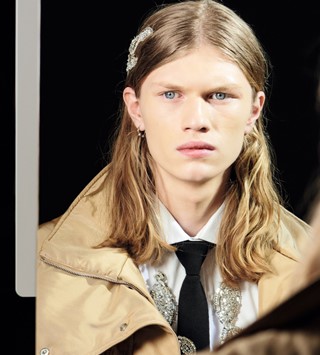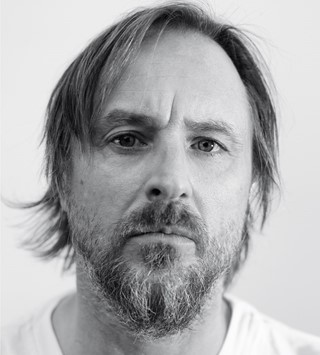Another Man meets the head of the French beauty brand, Ramdane Touhami, who gives us an insight into the world of L’Officine Universelle Buly
- TextTed Stansfield
For many men, ‘grooming’ has become a tainted term; one that conjures images of cheap razors, pungent blue shaving creams and gendered packaging featuring metal or promising muscles. Few brands present male grooming tastefully – and none do it as well as Buly 1803.
The company was founded, as its name suggests, over 200 years ago in France, and was almost forgotten about until recently, when it was taken over by husband-and-wife duo Ramdane Touhami, (an entrepreneur and former fashion designer), and Victoire de Taillac. Together, they have successfully transformed it into one of the most desirable grooming brands in the world.
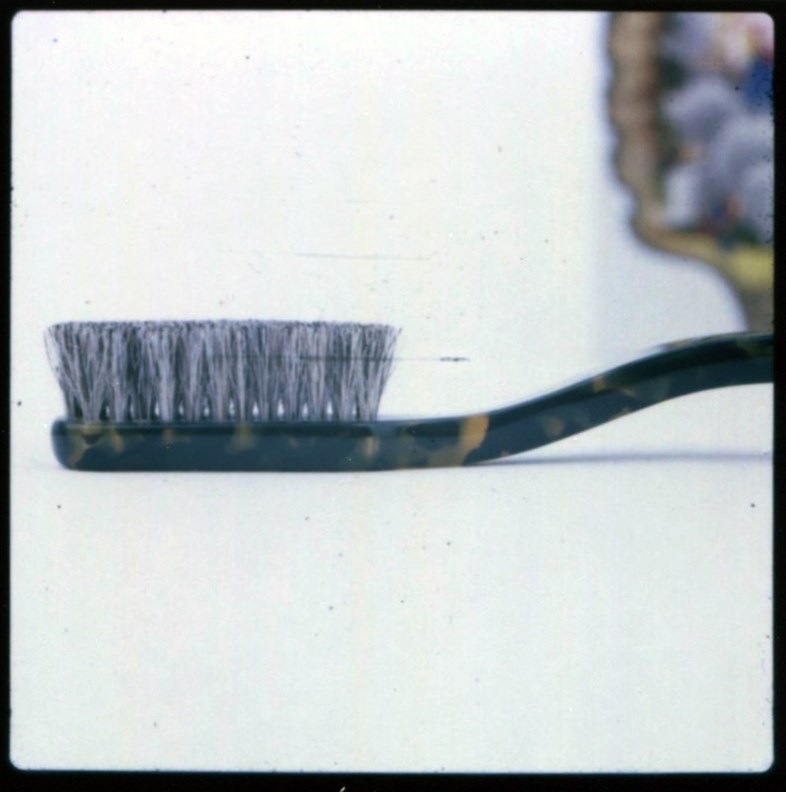
It is available in 58 countries – its shops resembling 19th-century apothecaries – and boasts a range of fragrant oils, powders, clays and perfumes, along with beautifully crafted accessories such as toothbrushes with bristles made from silk.
“We deliver ‘wows’,” says Touhami, the day before a new Buly 1803 counter opens to the public at Selfridges, London. It’s not a statement he delivers arrogantly, but rather as a matter of fact – and you can’t help but believe him, especially when he goes on: “When you see our shop, wow; when you see our products, wow. There are very few ‘wows’ in the world anymore.”
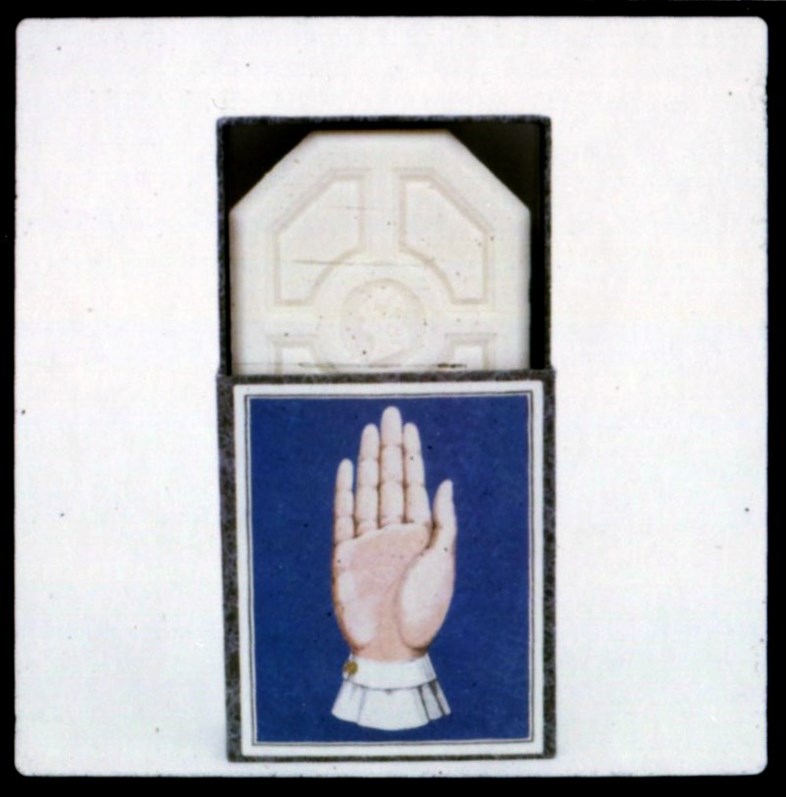
What sets Buly 1803’s products apart is that they are traditional, made from natural ingredients sourced from around the globe. And yet they sell more than beauty products: they sell beauty secrets, ancient recipes – some of which have been around for millenia. “If we go somewhere and people have been using something for over 200 generations, maybe that’s because it’s good,” says Touhami, summarising his philosophy. “If you have a spot on your skin and put Nigella seed oil on it, for example, it will disappear overnight. And it’s completely natural.”
Known for its anti-inflammatory properties, Nigella seed oil has been in use since ancient Egypt, and is even written about in the Hadith (the sayings of the prophet Mohammed), which states: “Heal yourself using the nigella seed – it is a remedy for every affliction, except for death.” Touhami gets his supplies from Tunisia, and sources his other ingredients from a across the globe. “We get our Camellia seed oil from an island in south Japan,” he says. “We get our Argan oil from an 86-year-old lady in the Souss valley of south-west Morocco, and we get our shea butter from a farm eight hours north of Cotonou [the capital of Benin] in the middle of Africa – it’s the most amazing shea butter in the world. People don’t think about it, but most shea butter is GM [genetically modified].”
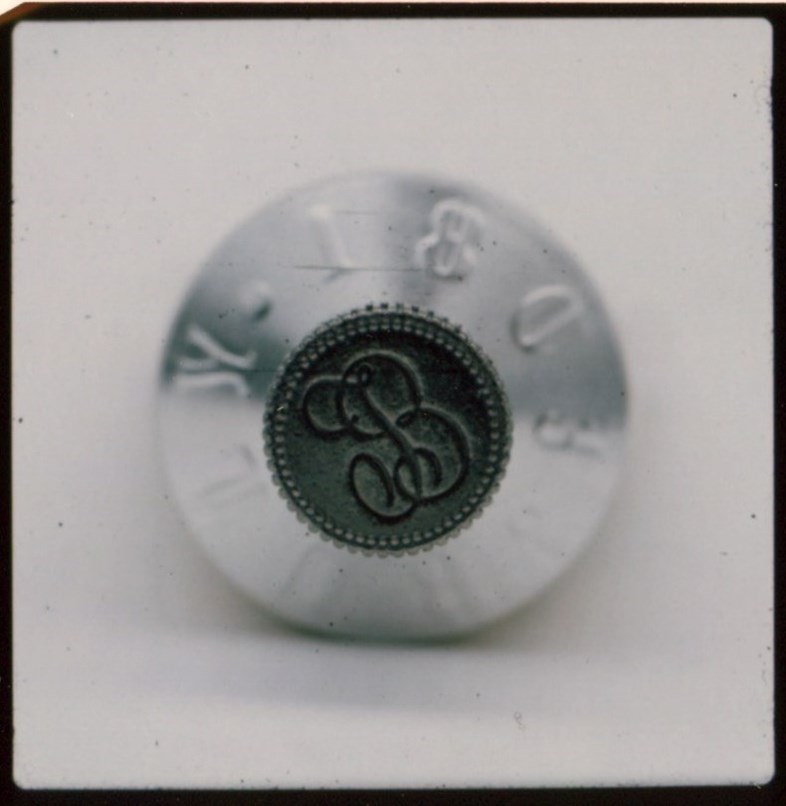
Touhami’s love for natural beauty products stems, in part, from his childhood. Born to Moroccan parents, he was raised on a farm near Toulouse in the south of France by a mother who never used soap or shampoo. “My mum used clays and other natural things,” he recalls, “So I grew up with this kind of beauty; it’s my culture.”
Unlike many big corporations, Touhami seems genuinely to care about the farmers he works with, and is keen to ensure that their business partnerships are mutually beneficial; he invests in their businesses. “We decided to work with this 86-year-old lady; we bought a bit of her farm, I gave her money, I said ‘Stay there and do my oil,’” he said, citing one example. “It didn’t cost me a fortune but I’m happy, she’s happy, her family is happy, everyone’s happy. It’s organic and I know the person that produced it. Everything is like that. Some of them have been making oil for 20 generations and we just say, ‘Can we buy some of your oil?’ If they’re struggling and not making enough money, we say, ‘How can we help you?’”
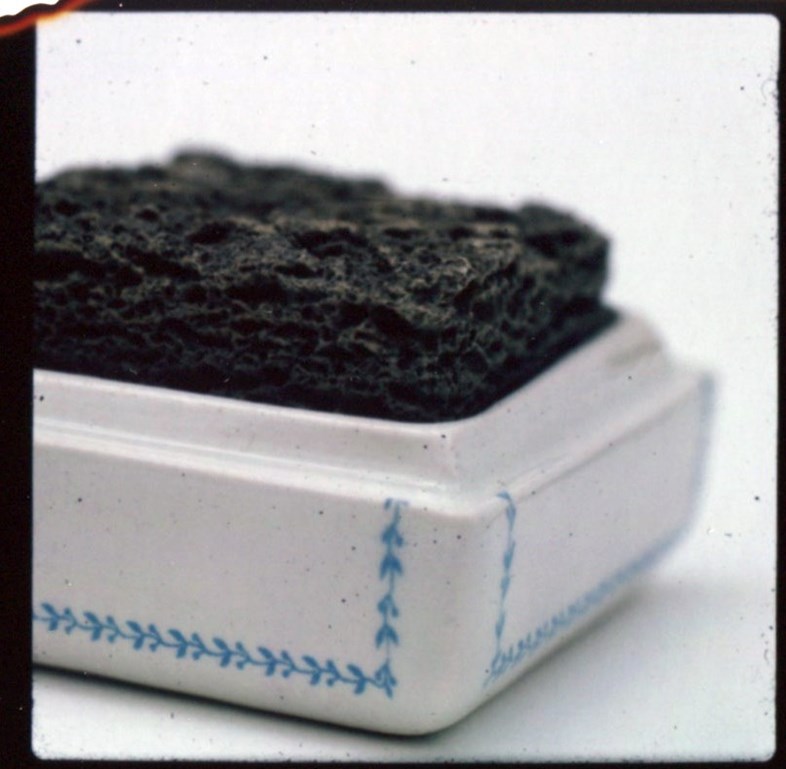
Not only does this benefit both parties, it ensures the continued agriculture of these plants; the species themselves are kept alive, even as the world’s grooming habits continue to shift. 40 years ago, Touhami explains, half the world was using soap, and half was using natural beauty products. Nowadays the proportion using soap is closer to 80 or 90%. He reveals that he is working with Netflix on a documentary about the topic, which will explore natural beauty secrets.
Touhami cares about his sales assistants too, calling them the most important people in his company. He trains them in English and calligraphy, and of course teaches them about the products they’re selling, creating a truly unique shopping experience. From the manner in which the sales assistants talk you through the products, to the way they write the brand’s name, along with yours, in swirling calligraphy on the packaging. “Going to our store is a real sensation,” he says, “You can spend an hour in there, and the sales assistants will talk to you for an hour. There’s no ‘I have to talk to the next client’. I hate that.”
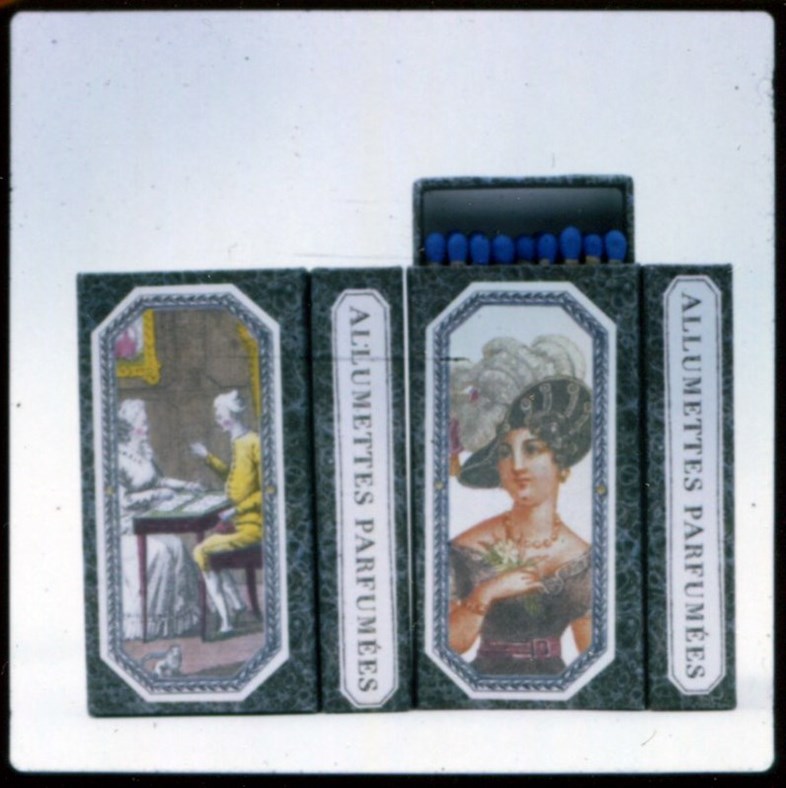
In the age of hypercapitalism, mass-production and mass-consumption, when things are produced and consumed with no thought to the environment or the people who created them, and when faceless corporations own a monopoly, it’s easy to see why Buly 1803 offers such an attractive alternative. Highly considered, beautifully crafted products which have care poured into every minutiae – from the growing of the seeds that produce the oils, to the signing of the labels affixed to the packaging. “It’s about a lot of little details,” Touhami muses, “I think Amazon and this shit online will slow down, and people will return to stores like ours.” I hope he’s right.
Buly 1803’s counter at Selfridges is open now.

